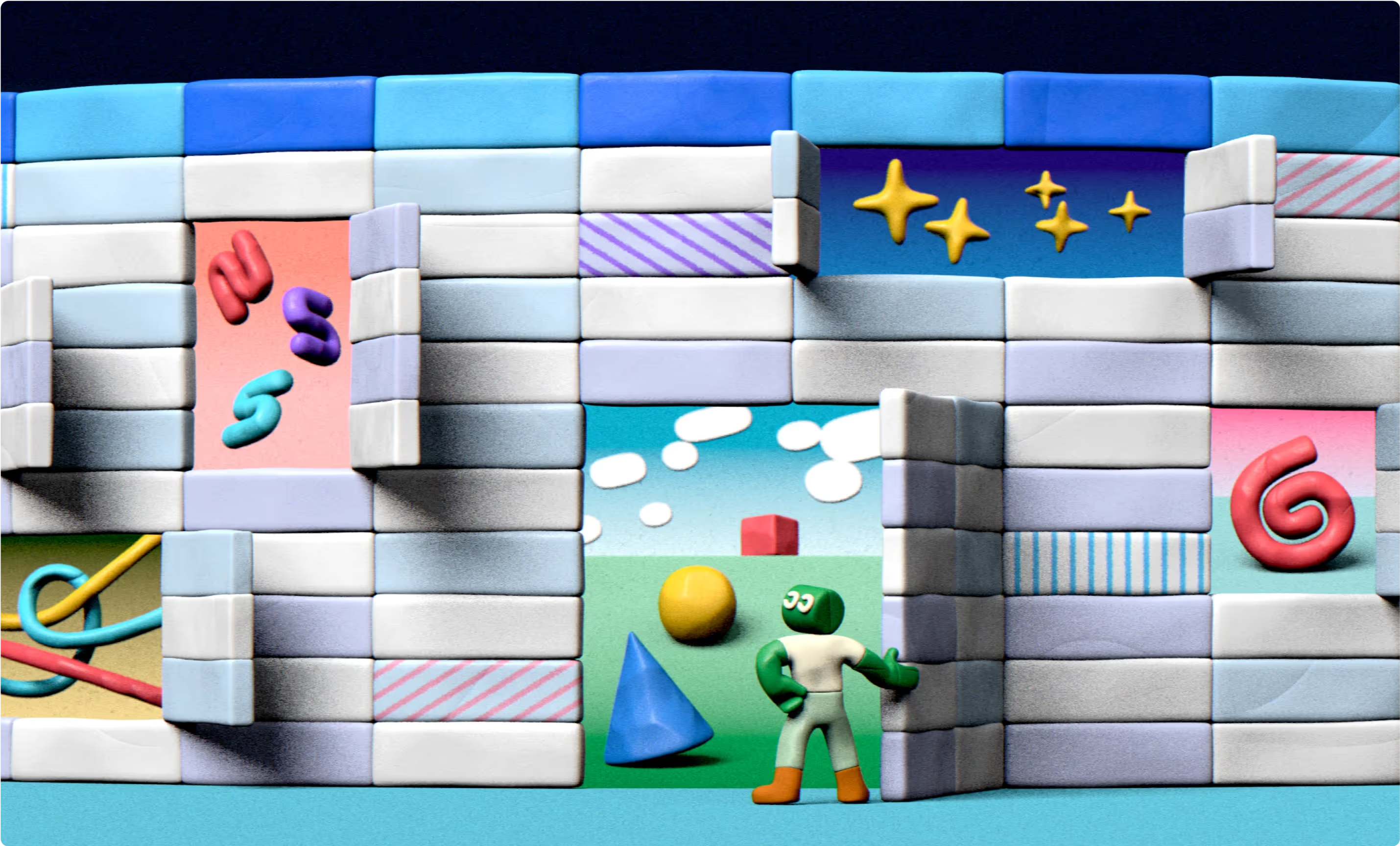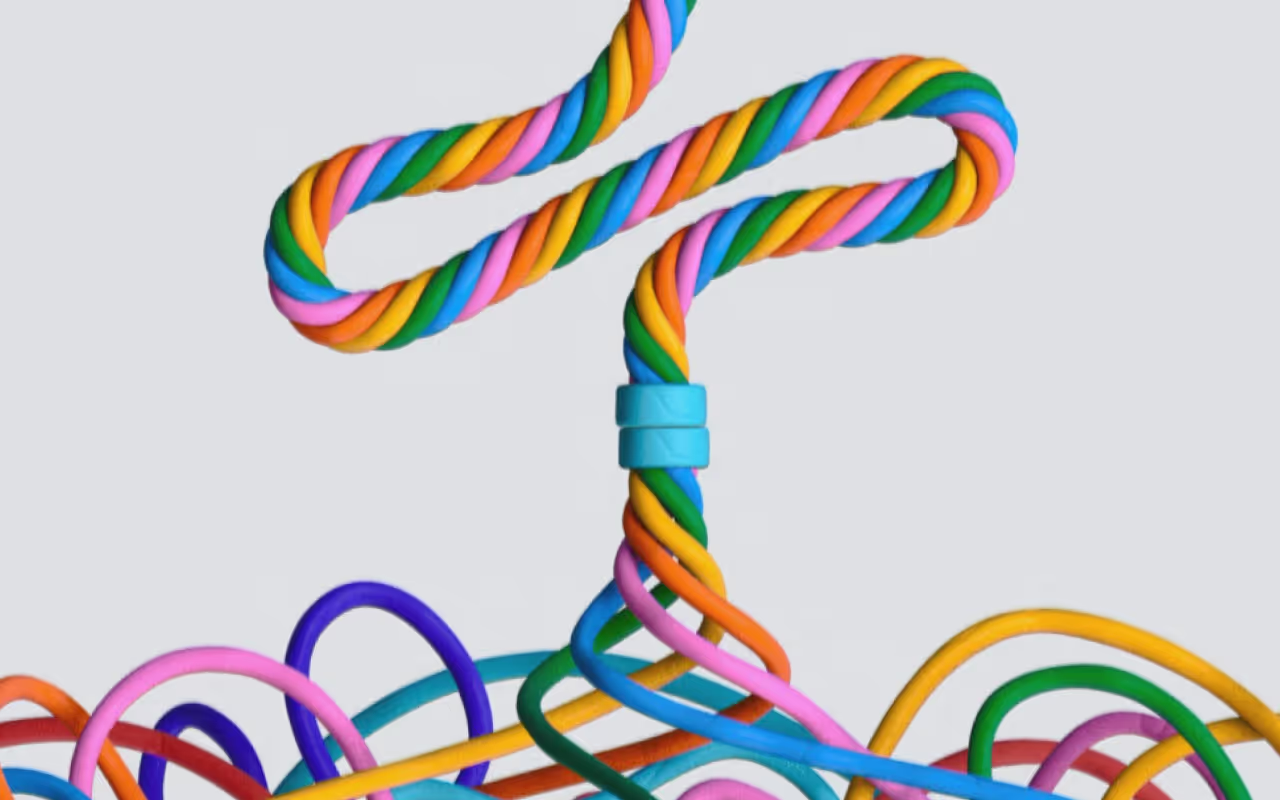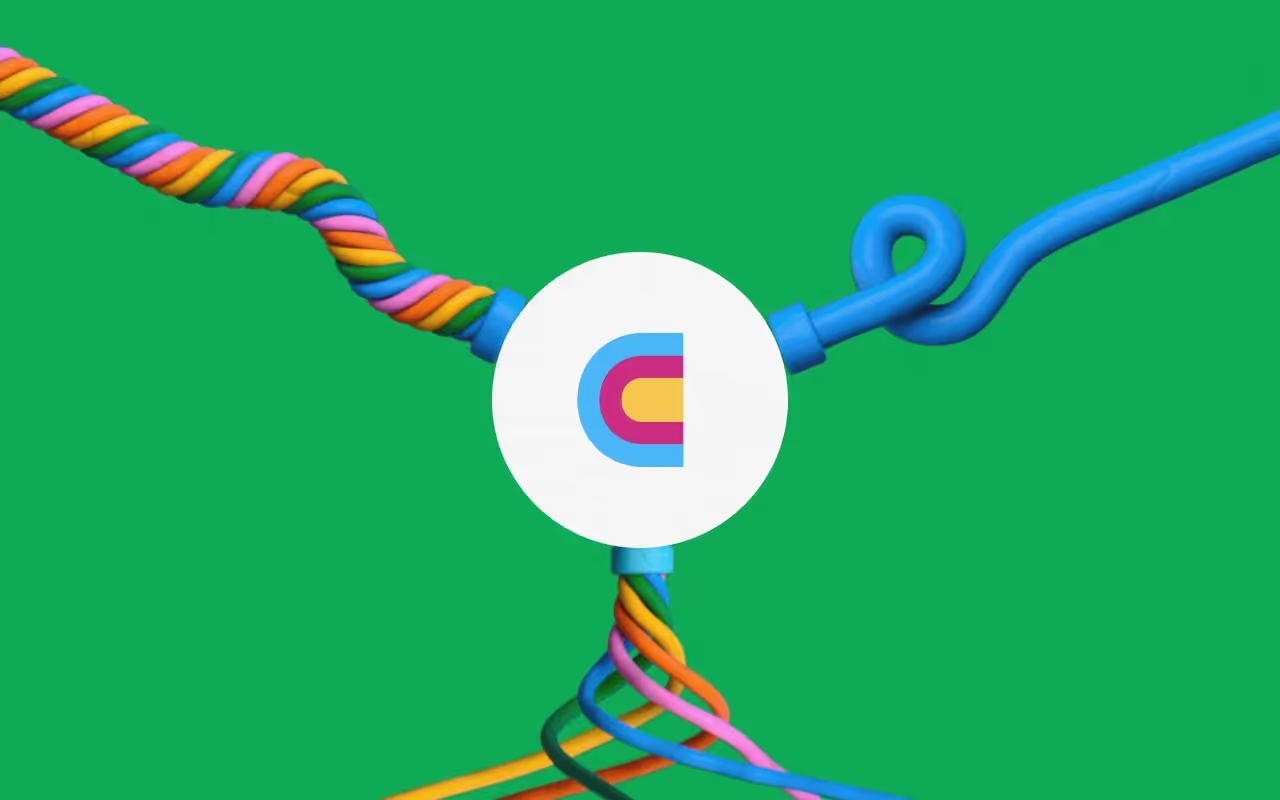Automate and enrich Notion pre-meeting notes for every sales rep
Automate daily pre-meeting notes so sales reps never take a meeting unprepared.
Before you begin
Imagine opening Slack every morning and finding a link to a Notion document packed with notes for every upcoming meeting on your calendar, like this:

Then, when you clicked on the pre-meeting notes, you found detailed and enriched notes, like this:

Well, now you can using Clay's native integration with Notion.
This Claybook creates automated and enriched pre-meeting notes in Notion, then sends automated Slack messages to your inbox every morning.
Stop wasting time prepping notes for meetings. Let Clay do it for you!
How it works:
- Enrich companies and attendees with Clay
- Create automated pre-meeting notes in Notion with enrichement
- Send sales reps automated Slack notifications with links to Notion pre-meeting documents
Steps
Copy this template
First, copy the exact Clay table we use to automate pre-meeting notes in Notion here.
If you’re already a user, you’ll be directed to your workspace. If not, you’ll be prompted to create a free Clay account.
The interactive demos on the right will guide you through just how simple this is to use.
Step 2:
Import meetings via webhook
Next, create a webhook POST request so you can automatically send meeting data (dates, times, attendees, emails, etc.) to Clay as it hits your calendar.
To do that, copy the webhook URL from the first column of your Clay table. Then navigate to wherever you store meeting data (calendar, data warehouse, CRM, Gong/Clari, scheduling tool, etc.) and create a new webhook. Paste your Clay webhook URL there, then set up an event trigger to send meeting data to Clay once triggered.
Step 3:
Pull in event, account, and sales rep data from your CRM (green columns)
For us, once a meeting gets scheduled in Gong, we trigger a new event in Salesforce that gets attached to an account. After we import meeting data from our webhook, we then use a series of CRM lookups in Clay to pull in all event, account, workspace, and sales rep data (columns highlighted in green).
Now we have everything from meeting names and times, attendee names and emails, company names and domains, the sales rep that owns the account, the sales rep’s copilot Slack channel ID that we can send Notion links to, and more. Basically the who, what, when, why, and where of the meeting.
Customize these columns to fit your business needs. For example, you can replace Salesforce CRM lookups with a different CRM; you can map different data points to the Clay columns that might be more important to you; or you can delete columns you don’t need.
Step 4:
Enrich companies (blue columns)
Next, using a combination of LinkedIn profile enrichment and Claygent, we’re going to enrich companies with information like company descriptions, sales team headcount, target ICP, and more.
To customize enrichments (e.g. update Claygent prompts to find different information, enrich with different data points relevant to your industry, delete existing enrichments, etc.), edit all the blue-colored columns now.
Step 5:
Create Notion storage page and meeting page (purple columns)
Next, we’re going to look to see if an existing storage page already exists in Notion (a storage page is where every pre-meeting doc will get stored—one for each sales rep). If it doesn’t exist, we’ll create one. Then, we’ll create a meeting page (to be stored on the storage page) with all of our meeting info and company enrichment.
To make this part work for you, connect your Notion account now.
Step 6:
Enrich contacts and share meeting links via Slack
Next, we’re going to send a Slack message to our sales reps that a new pre-meeting note has been created in Notion. Then we’re going to enrich all attendees in the meeting with data like emails, LinkedIn profiles, job seniority, and more. Last, we’ll add that enriched contact data to the pre-meeting note.
To customize contact enrichment (green columns in the second table), do it now.

Copy the template
Start automating pre-meeting notes so sales reps never take a meeting unprepared.
Copy this template to start enriching and automating pre-meeting notes with Clay.
Learn with our resources
Check out Clay University, read our GTM blog, or try out our top templates to transform your growth ideas into outreach in minutes.






















